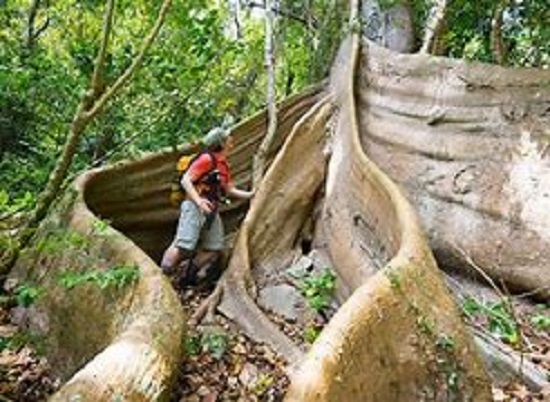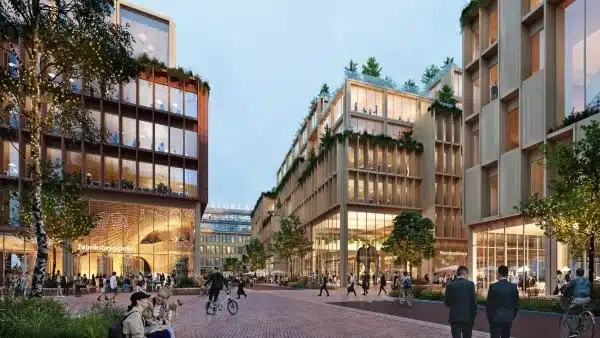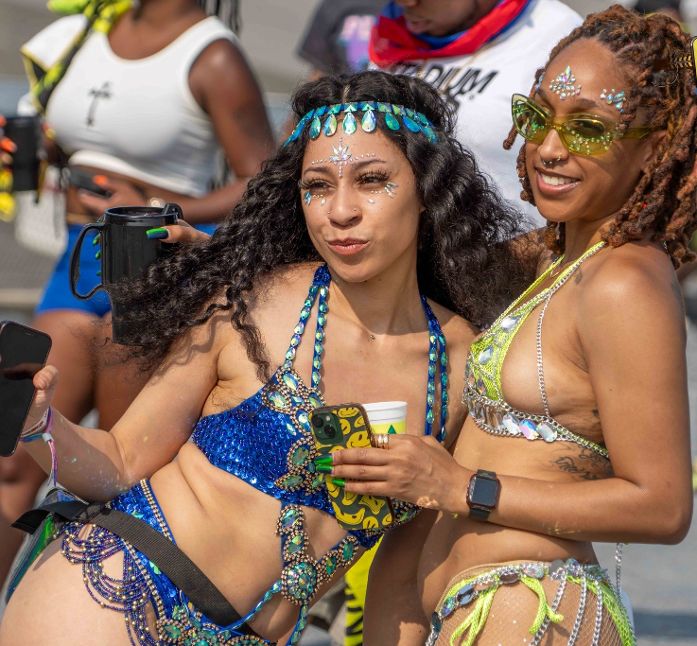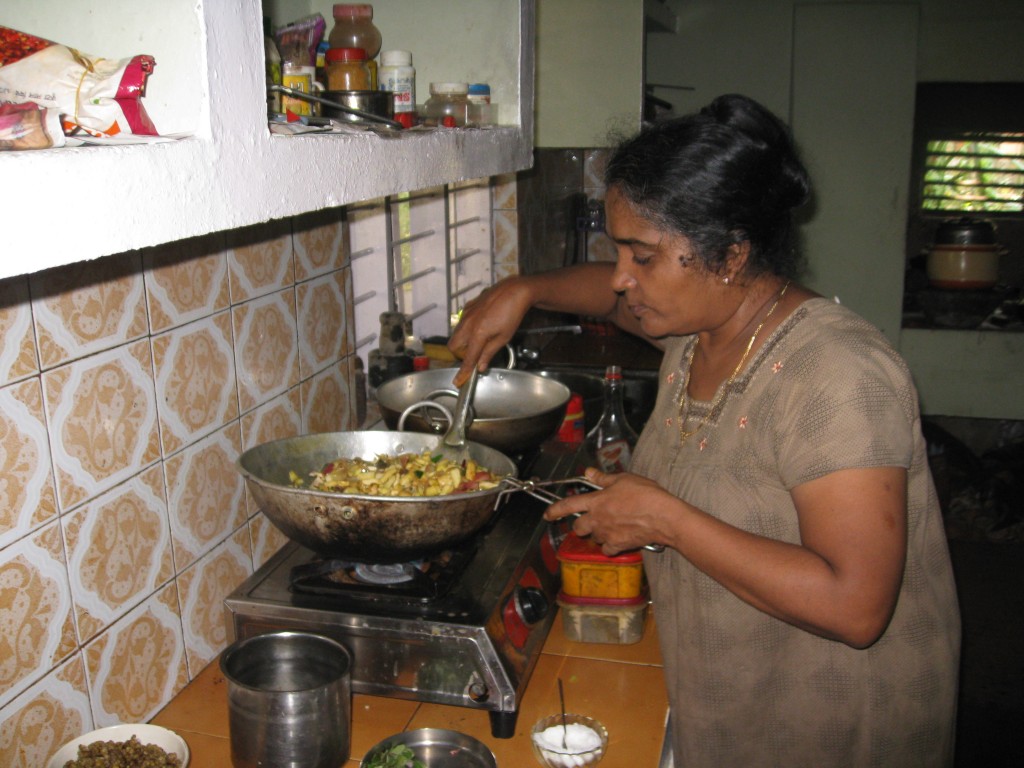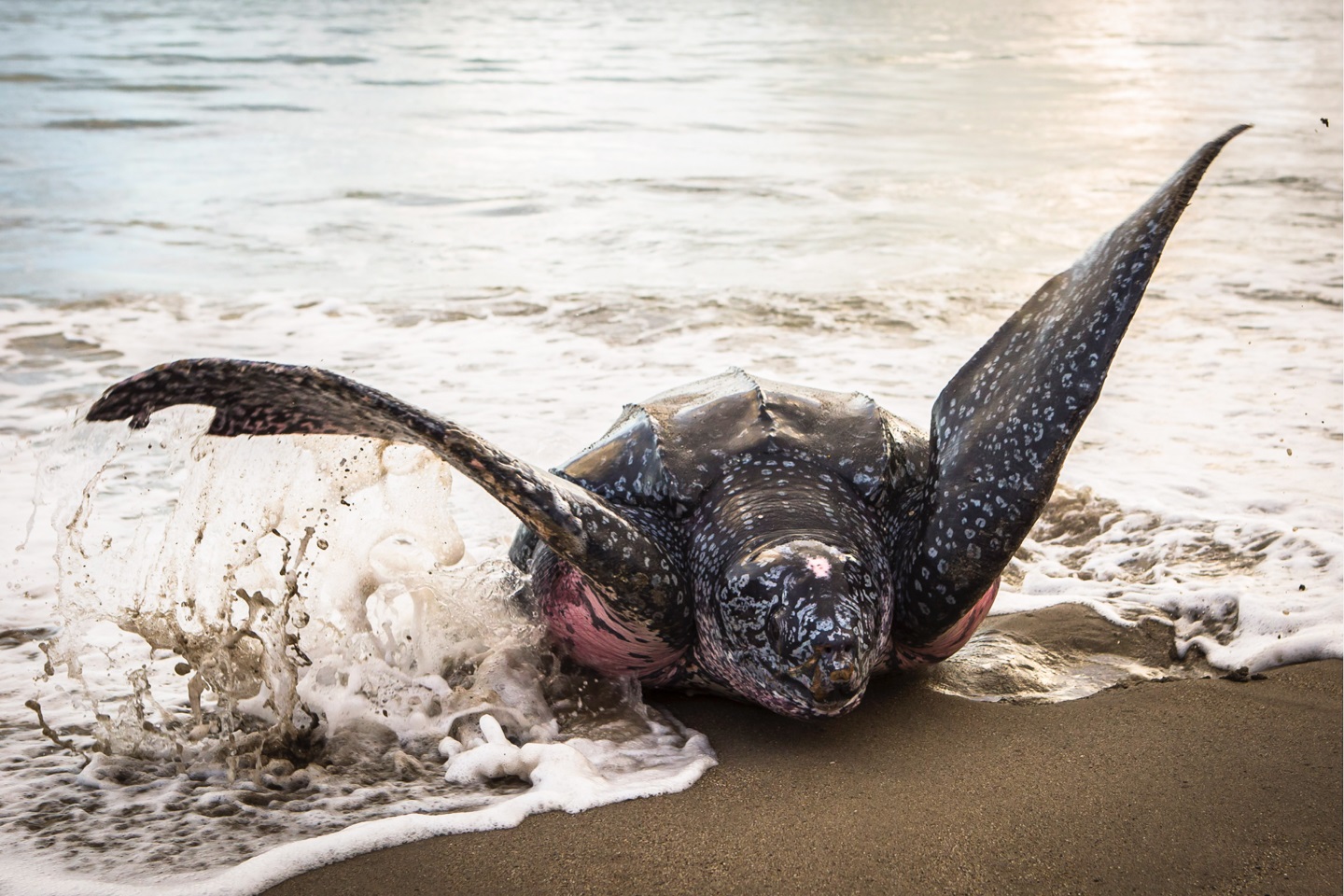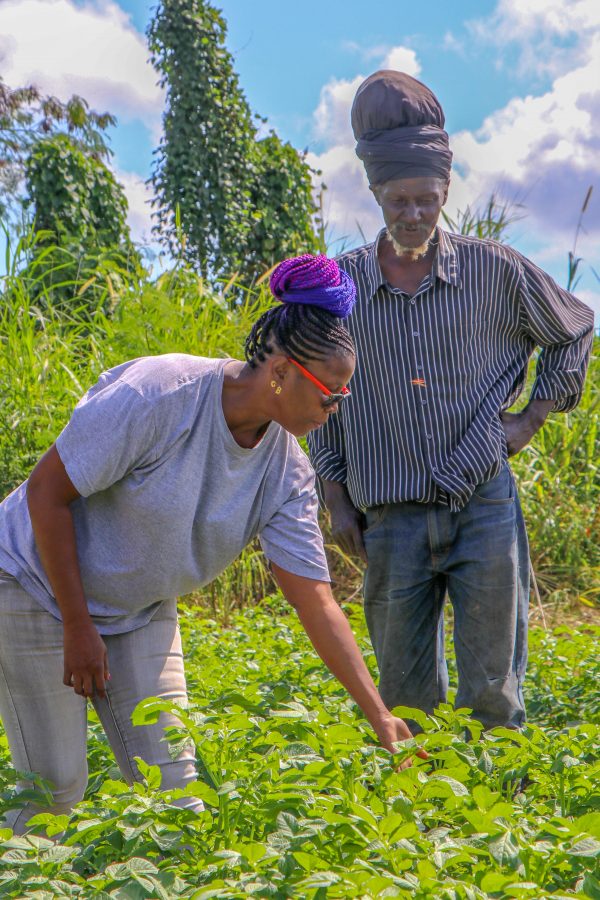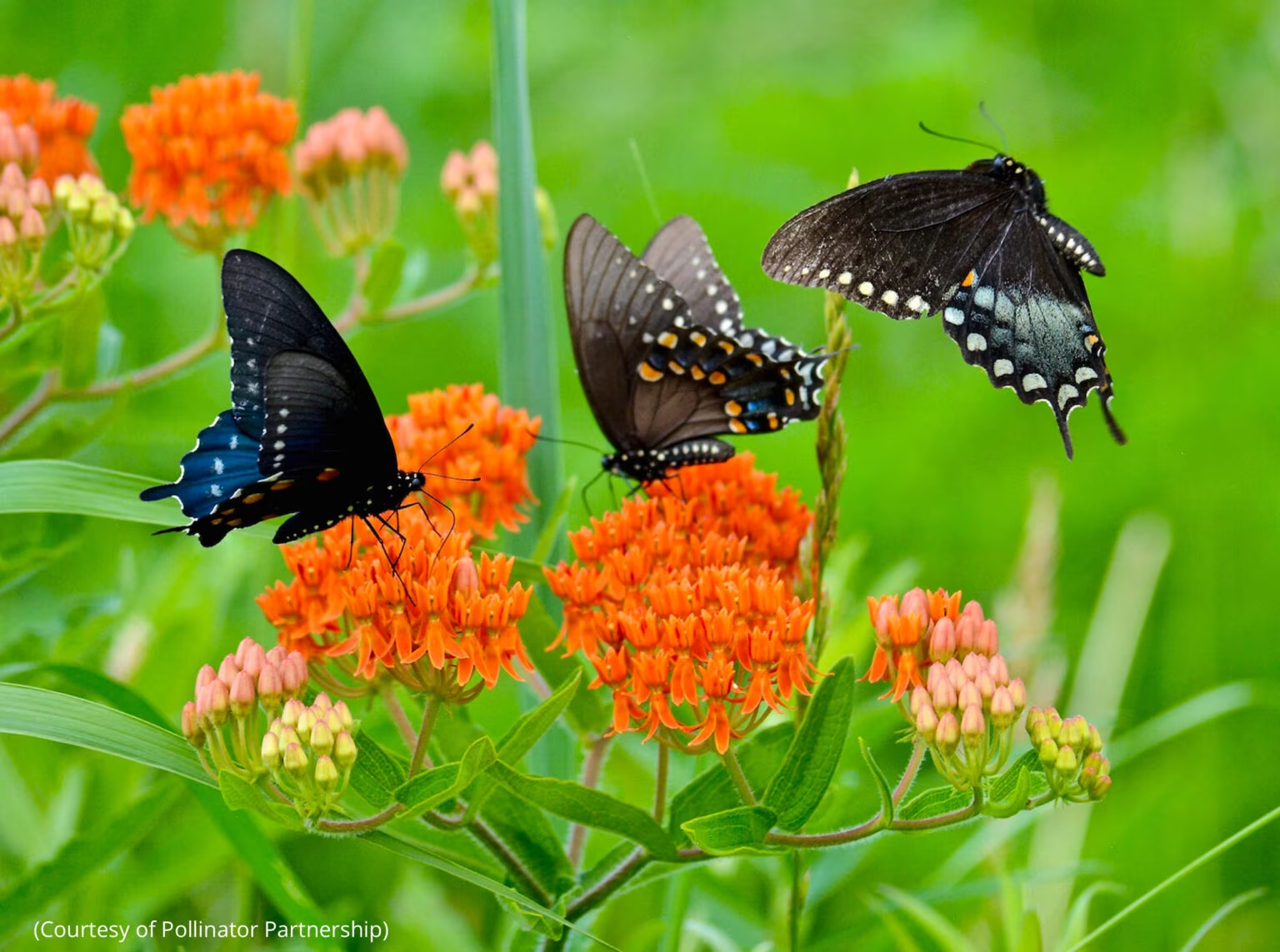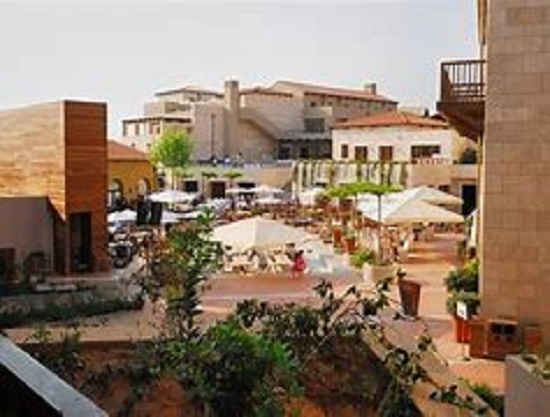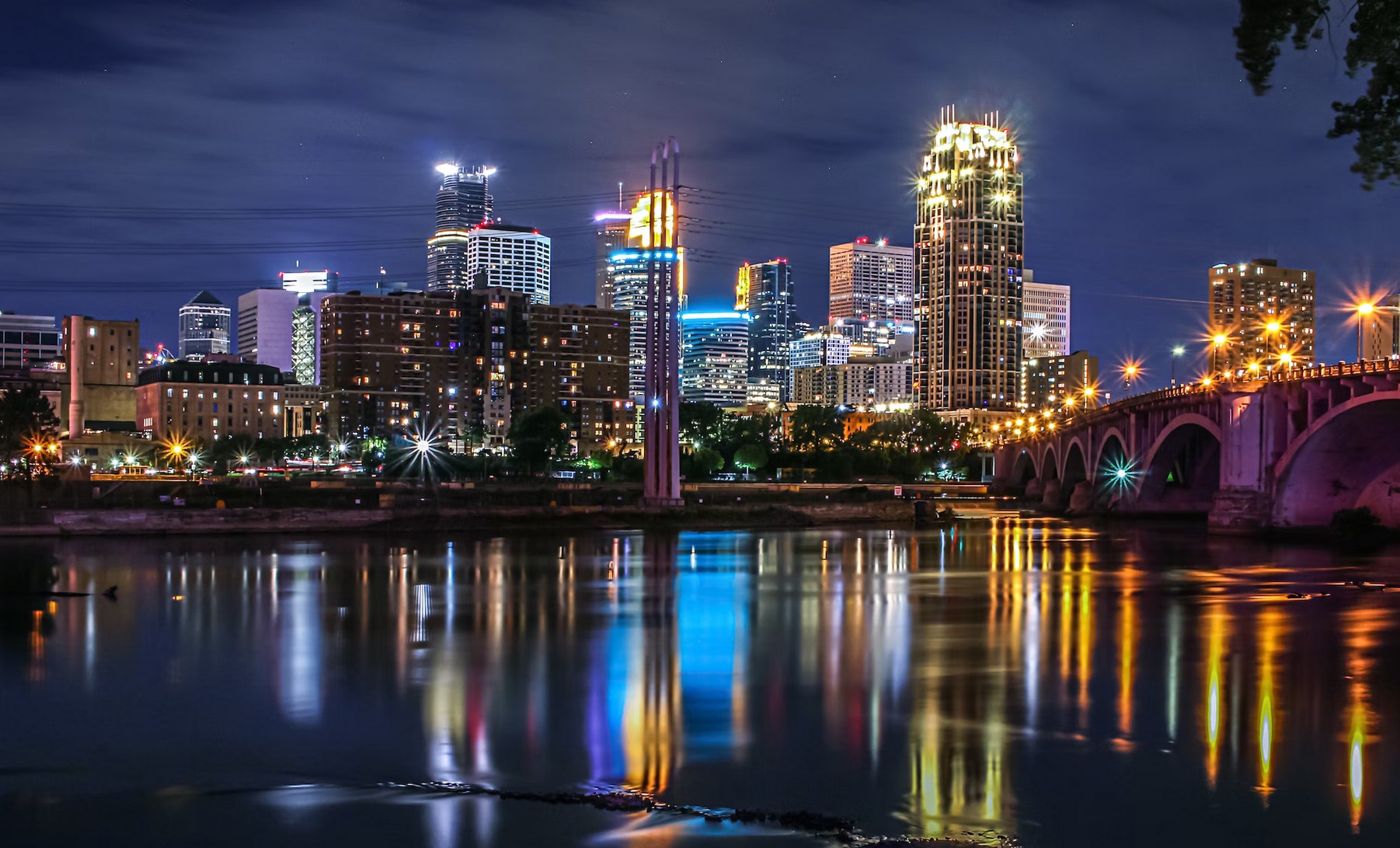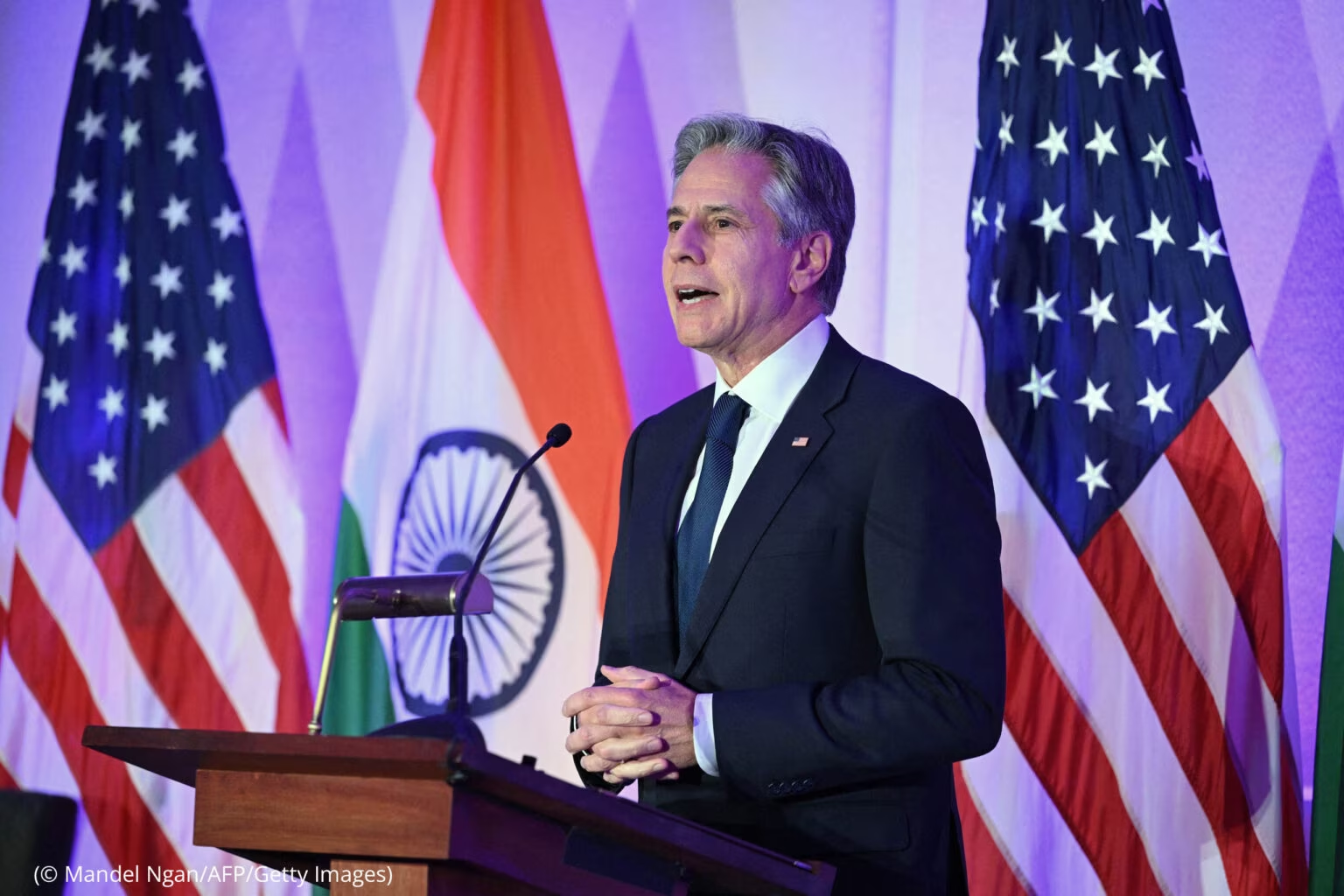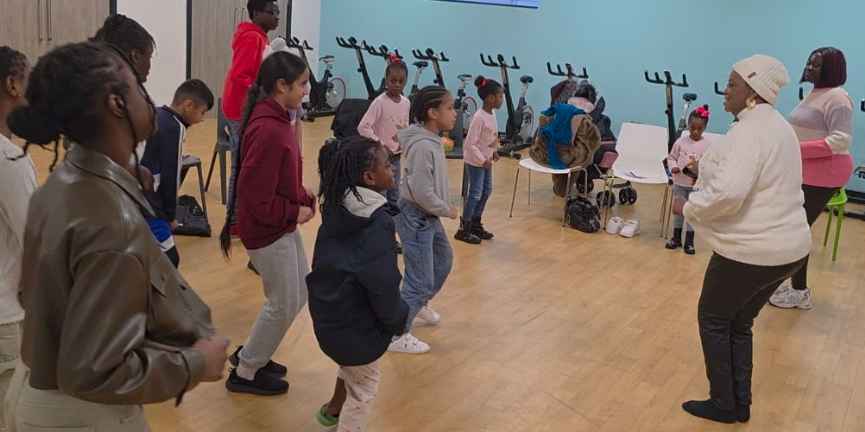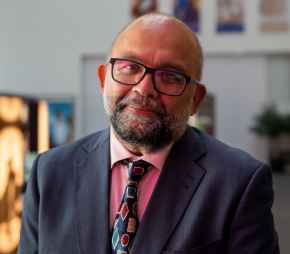Freshippo accelerates expansion with same-day launch of 12 new stores across 8 cities in mainland China
Freshippo, Alibaba Group's digital intelligence-powered new retail company, announced the same-day opening of 12 new stores in 8 cities across Mainland China, including Beijing, Shanghai, and Guangzhou.
The seven newly opened Freshippo stores are adopting the latest store image, which will offer a wider variety of products, a broader delivery area, a spacious shopping environment, and an enhanced service experience to better meet customer needs. All new stores will have diverse sales channels and product categories to more effectively cater to each customer's needs regardless of whether they are in commercial or residential areas.





